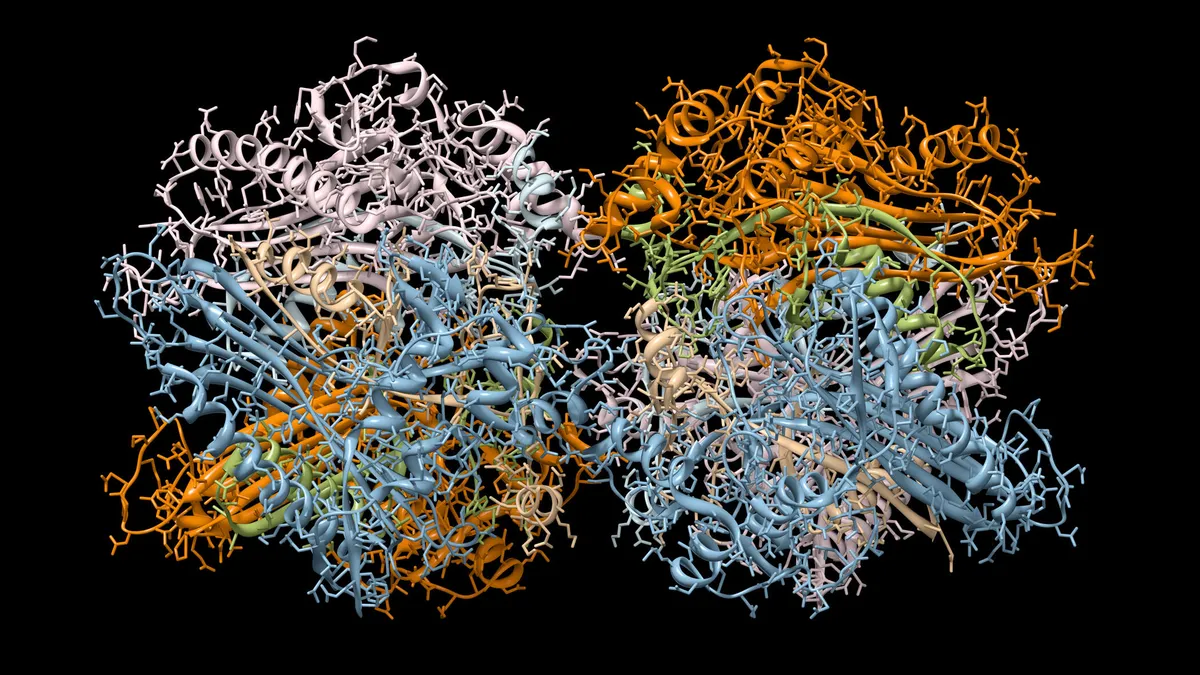August 2, 2025

In a major leap for computational biology, scientists at DeepStruct AI have unveiled an artificial intelligence system capable of simulating the full process of protein folding—not just the final structure.Unlike previous models such as AlphaFold, which predict static protein shapes, this AI captures the real-time movements and transitional states that proteins undergo during folding. These intermediate steps are critical to understanding how misfolded proteins contribute to diseases like Alzheimer's, Huntington's, and Parkinson’s.“We’re not just predicting the destination—we’re watching the entire journey unfold,” said Dr. Elena Li, senior computational biologist on the project.The tool uses a dynamic feedback loop between quantum physics-based simulations and machine learning, improving both accuracy and speed. Early tests show it can simulate complex folding patterns in minutes instead of hours or days.The findings, published in Nature Computational Biology, may soon assist drug designers in predicting the stability of engineered proteins and preemptively flagging those prone to harmful misfolding.